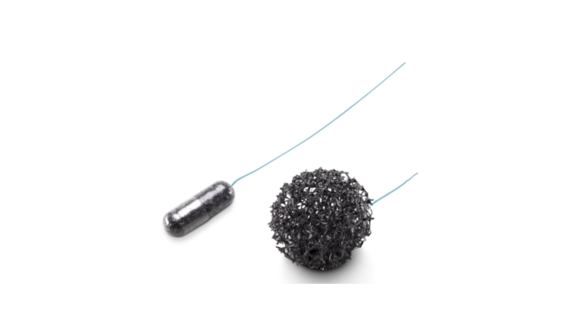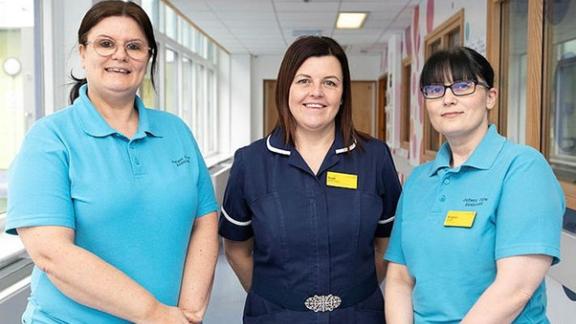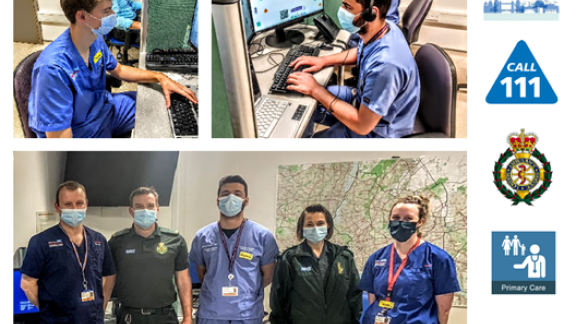Lithotripsy machine used to reduce urology elective waiting lists

Overview
King George Hospital introduced new equipment in the urology department that led to reduced elective backlog for patients with kidney stones, reduced the need for more invasive procedures, and enables both planned and emergency care.
What the organisation faced
King George Hospital, part of Barking, Havering and Redbridge University Hospitals NHS Trust, was experiencing the national challenges of reducing the elective surgery backlog. Increased demand with limited capacity meant waiting lists continued to grow. In the urology department, treatment for patients with kidney stones was delivered with a mobile machine from a third party, which meant they could treat just ten patients per day and only on Saturdays. The department identified that investing in new technology to treat kidney stones would increase the number of patients they could operate on, through a less invasive procedure.
Improvement
The department invested in the ESWL (extracorporeal shockwave lithotripsy) machine. ESWL is a non-invasive procedure for kidney stones that uses high-energy shockwaves to break down stones into smaller fragments that can then pass out of the body.
The launch of the ESWL machine means the team can now treat five times more patients a week. Capital investment into new technology has meant they have greater control over how much they can use it, when and where. The introduction of the ESWL machine means they can reduce the backlog, reduce the need for more invasive procedures, and offer both planned and emergency care.
Outcome
- Over 50 patients can be treated per week, as opposed to ten that were being treated prior to the purchase of the ESWL machine.
- Some patients who present through A&E with kidney stones are taken to theatres to have a stent inserted with a date for kidney stone removal later. With the ESWL machine, the kidney stones for some of these patients can be addressed on the day without the need to go into theatre. This improves patient experience, theatre capacity, and reduces the need for general anaesthetic.
- Treating patients with the ESWL machine can help reduce inpatient length of stay and help patients get home quicker.
- Theatre space can be freed up for other cases, as the machine allows treatment to be done in a day case setting
Contact details and further information
For further information, please email the urology speciality manager Kerry Chapman or Junaid Masood, consultant urologist.
You can view further details on this and other elective improvements across Barking, Havering and Redbridge University Hospitals NHS Trust on the trust’s website.



